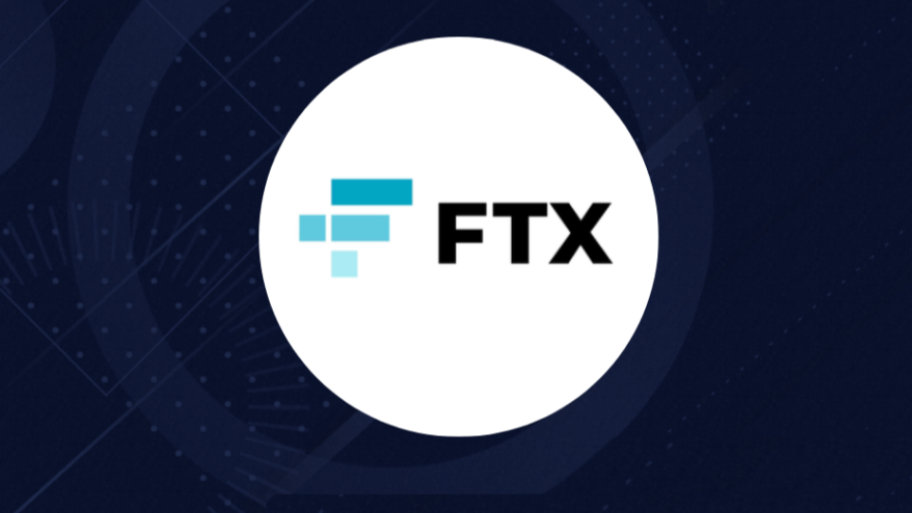Crypto exchange Binance has agreed to buy rival exchange FTX’s non-US business following a war of words between the company’s two chief executives.
FTX appeared to be in freefall early this week after reports found that the company’s native token, FTT, made up around a third of sister company Alameda Research’s balance sheet. Upon the release of this report, Binance chief exec Changpeng ‘CZ’ Zhao said that the company would liquidate its holding in FTT, sending both the token and the entire crypto market into a downward spiral as investors withdrew more than $6 billion in the 72 hours before Tuesday.
In an about turn, FTX's billionaire owner Sam Bankman-Fried announced on Tuesday that Binance had signed a non-binding agreement on Tuesday to buy FTX's non-US unit to help cover a "liquidity crunch".
Announcing the deal, CZ tweeted: “This afternoon, FTX asked for our help. There is a significant liquidity crunch. To protect users, we signed a non-binding LOI, intending to fully acquire http://FTX.com and help cover the liquidity crunch. We will be conducting a full DD in the coming days.
“There is a lot to cover and will take some time. This is a highly dynamic situation, and we are assessing the situation in real time. Binance has the discretion to pull out from the deal at any time. We expect FTT to be highly volatile in the coming days as things develop.”
In his statement, Bankman-Fried said that "protecting shareholders is our highest priority" and that he is "going to do what [he] can to protect customer assets".
Latest News
-
Gemini to cut quarter of workforce and exit UK, EU and Australia as crypto slump forces retrenchment
-
Bank ABC’s mobile-only ila bank migrates to core banking platform
-
Visa launches platform to accelerate small business growth in US
-
NatWest to expand Accelerator programme to 50,000 members in 2026
-
BBVA joins European stablecoin coalition
-
eToro partners with Amundi to launch equity portfolio with exposure to ‘megatrends’
Creating value together: Strategic partnerships in the age of GCCs
As Global Capability Centres reshape the financial services landscape, one question stands out: how do leading banks balance in-house innovation with strategic partnerships to drive real transformation?
Data trust in the AI era: Building customer confidence through responsible banking
In the second episode of FStech’s three-part video podcast series sponsored by HCLTech, Sudip Lahiri, Executive Vice President & Head of Financial Services for Europe & UKI at HCLTech examines the critical relationship between data trust, transparency, and responsible AI implementation in financial services.
Banking's GenAI evolution: Beyond the hype, building the future
In the first episode of a three-part video podcast series sponsored by HCLTech, Sudip Lahiri, Executive Vice President & Head of Financial Services for Europe & UKI at HCLTech explores how financial institutions can navigate the transformative potential of Generative AI while building lasting foundations for innovation.
Beyond compliance: Building unshakeable operational resilience in financial services
In today's rapidly evolving financial landscape, operational resilience has become a critical focus for institutions worldwide. As regulatory requirements grow more complex and cyber threats, particularly ransomware, become increasingly sophisticated, financial services providers must adapt and strengthen their defences. The intersection of compliance, technology, and security presents both challenges and opportunities.
© 2019 Perspective Publishing Privacy & Cookies



.jpg)









Recent Stories